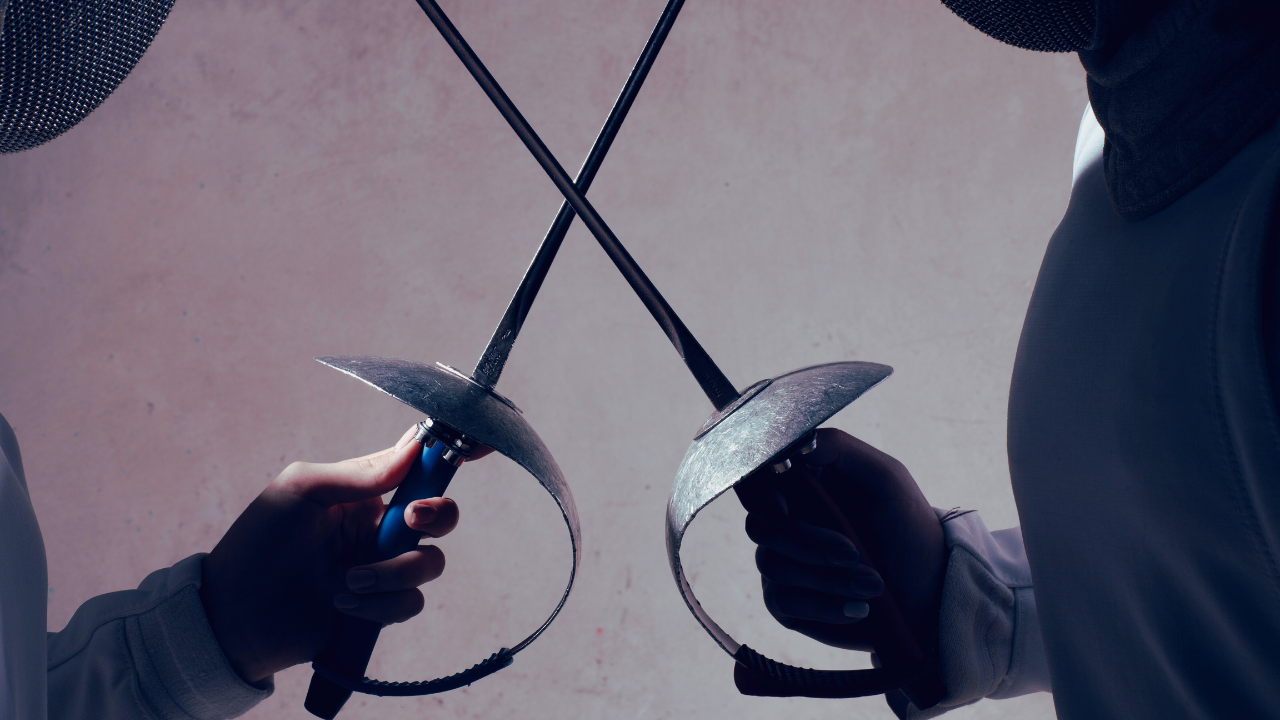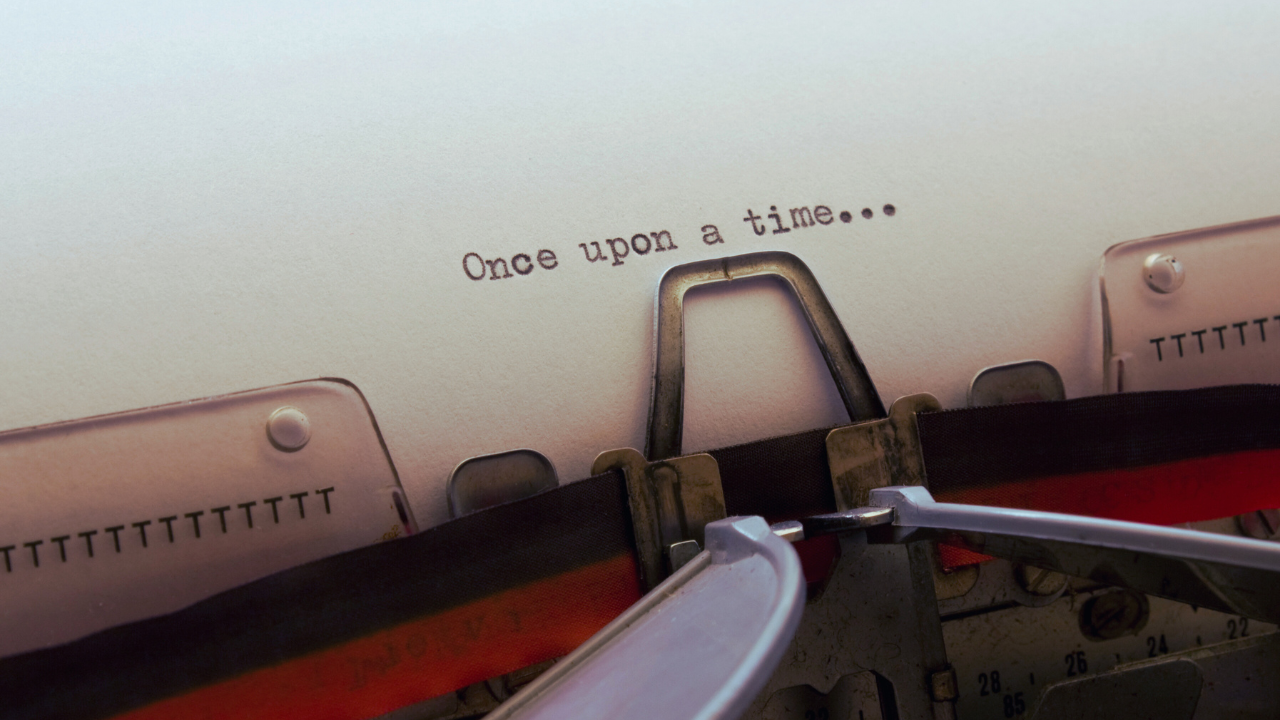Blog
Tips & strategies for every stage of your writing journey
Our Latest Articles
Have you ever grappled with constructing a riveting fight scene that not only grips your reader but also propels your narrative forward? Writing an effective fight scene is a crucial aspect of story...
Are you ready to discover your inner poet? Writing poetry can be a great way to express yourself and explore your creativity. But getting started can be intimidating. In this blog post, we'll look a...
Alice in Wonderland, The Wizard of Oz, The Lion, the Witch, and the Wardrobe: What do these stories have in common? They're all classic examples of the popular portal fiction subgenre!
What is portal...
The choice of tense can influence the impact of your storytelling, immersing readers in a narrative that has already unfolded. In this post, we'll look at the art of writing in the past tense, offer...
One of the most important elements of a novel is the scene—those building blocks that move the story forward and connect seamlessly to the next. As a writer, crafting scenes that captivate readers and...
The horror genre has long captivated readers by tapping into one of our most primal emotions—fear. Whether it’s the slow-burning terror of a psychological thriller or the jump-scare intensity of super...
Have you ever struggled to categorize your writing? Are you unsure whether your novel is a romance, contemporary fiction, or women's fiction? Or maybe you're writing a book that blends multiple genre ...
Are you looking to craft an electrifying thriller? From the excitement and suspense thrillers offer to the intellectual challenge and emotional rollercoaster they provide, thrillers have a unique ab...
Elevate your storytelling in just 5 minutes a week
with The Weekly W.R.I.T.E.R. from Writing Mastery founder, Jessica Brody
Join 30,000+ writers getting unique insights and practical writing wisdom every Thursday
No spam here! By entering your email address, you agree to receive the requested information, the Writing Mastery Newsletter and special offers in accordance with our Privacy Policy. Unsubscribe any time!

Writing Mastery










